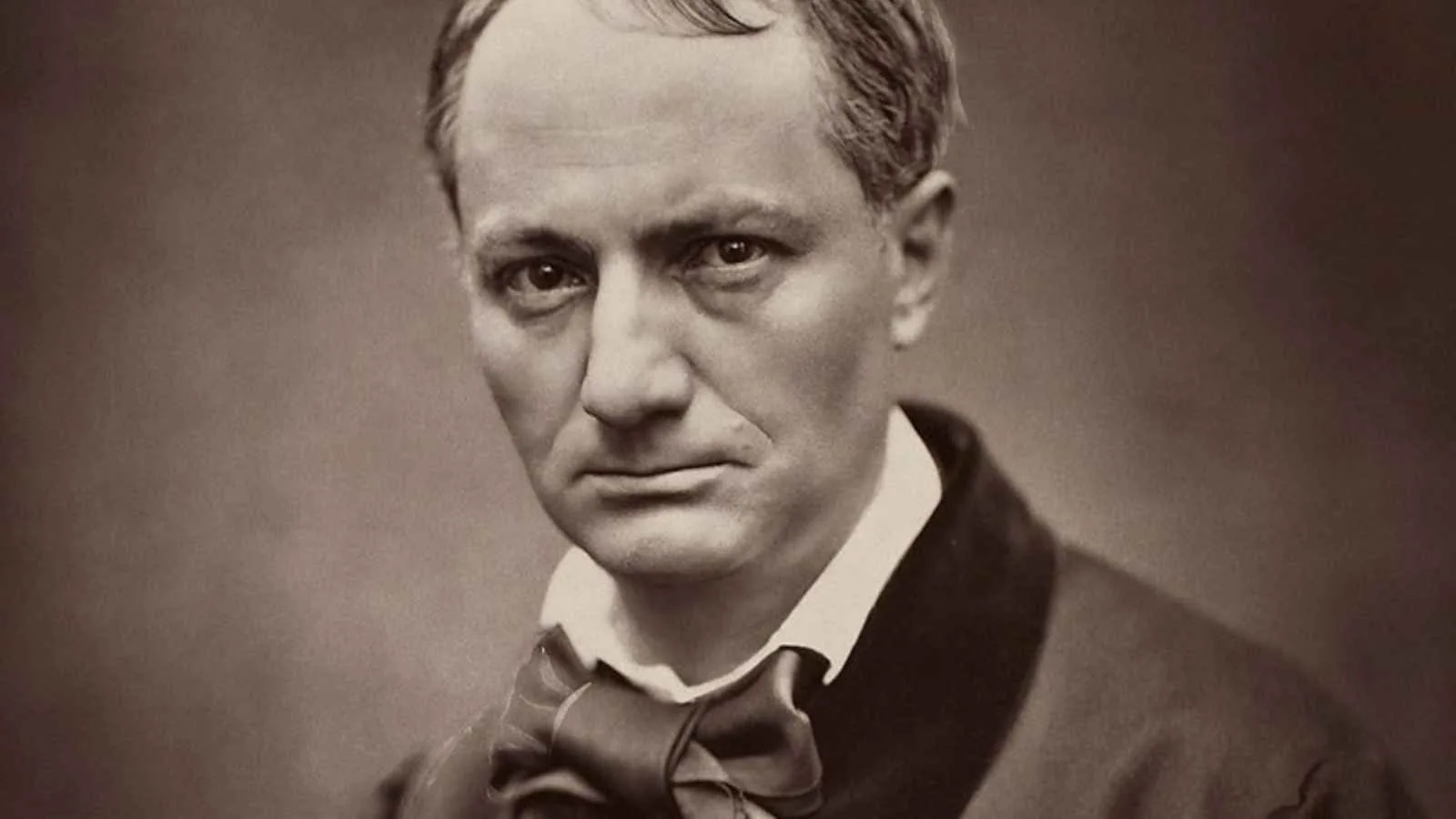The Dance of Death by Charles Baudelaire Carrying bouquet, and handkerchief, and gloves, Proud of her height as when she lived, she moves With all the careless and high-stepping grace, And the extravagant courtesan’s thin face. Was slimmer waist e’er in a ball-room wooed? Her floating robe, in royal amplitude, Palls in deep folds around…
Charles Baudelaire

Charles Baudelaire (1821-1867) was a renowned French poet, essayist, and critic, widely considered one of the most influential figures in modern poetry. Born in Paris, Baudelaire had a troubled childhood marked by his father’s death and his mother’s remarriage to a military officer.
Baudelaire studied law at the Lycée Louis-le-Grand and the École de Droit, but he abandoned his studies to pursue a literary career. He became involved in the Parisian bohemian scene and cultivated a reputation as a dandy and a provocative figure.
His most famous work, “Les Fleurs du mal” (The Flowers of Evil), was published in 1857. The collection of poems explored themes of decadence, eroticism, and the dark aspects of the human psyche. The book was controversial and led to charges of obscenity against Baudelaire and his publisher. Despite this, “Les Fleurs du mal” became a seminal work of modernist literature, influencing countless poets and artists.
Baudelaire was also a prolific essayist and critic, writing on a wide range of subjects, including art, literature, and modern life. His prose works, such as “Le Spleen de Paris” (Paris Spleen) and “Les Paradis artificiels” (Artificial Paradises), further showcased his innovative style and his keen observations of the world around him.
Throughout his life, Baudelaire struggled with financial difficulties, health problems, and drug addiction. He had a tumultuous romantic life and was known for his liaisons with various women, including Jeanne Duval, who was a muse for many of his poems.
Baudelaire’s works were admired by many of his contemporaries, including Victor Hugo and Édouard Manet, and his influence extended well beyond his lifetime. He is credited with coining the term “modernity” and is seen as a precursor to the Symbolist and Decadent movements in literature.
Despite his relatively short life, Charles Baudelaire left an indelible mark on French literature and modern poetry, cementing his status as one of the most important and influential writers of the 19th century.
The Vampire by Charles Baudelaire
You who, like the stab of a knife,
Entered my plaintive heart;
You who, strong as a herd
Of demons, came, ardent and adorned,
